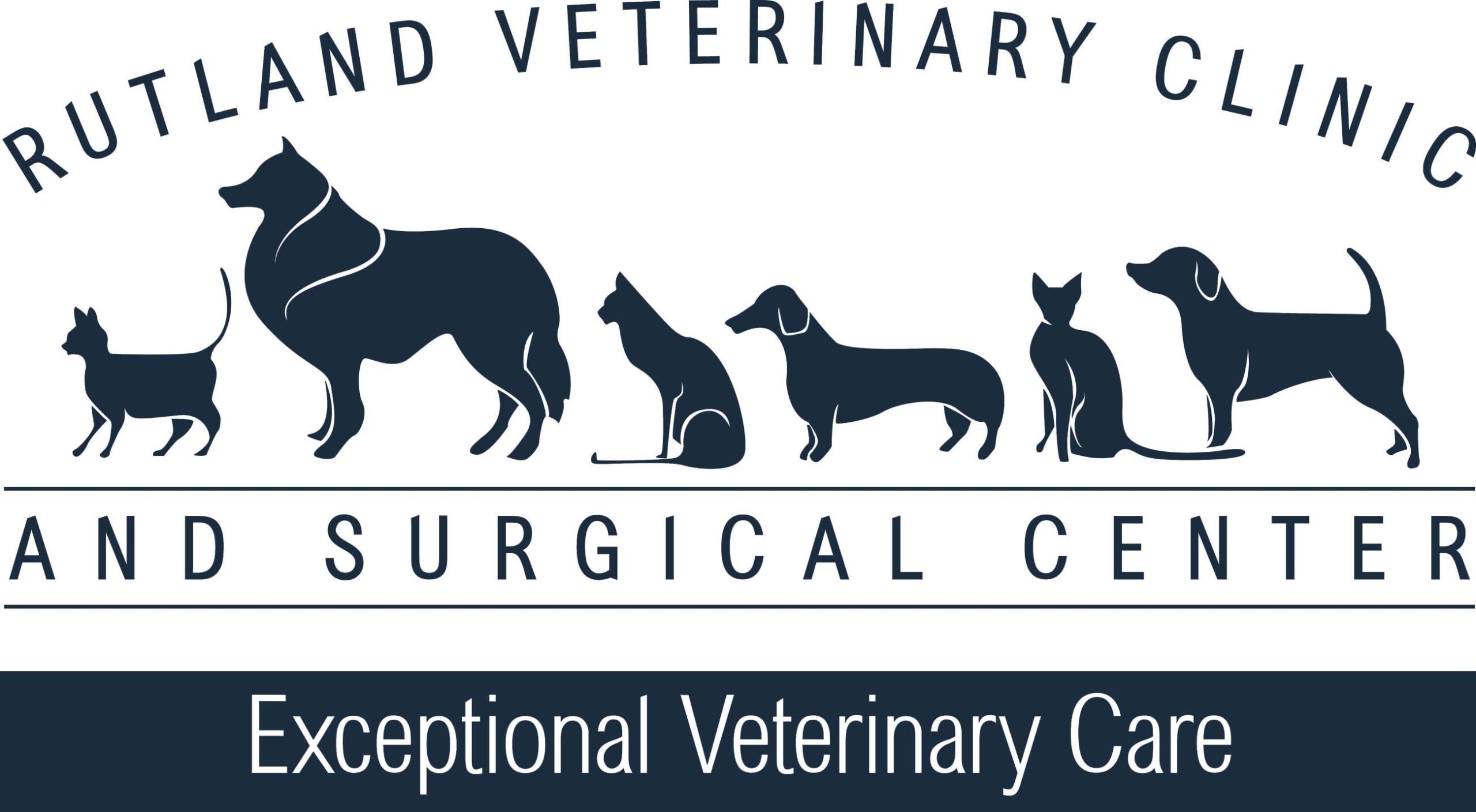Nurturing Your Pet Through the Recovery Journey
Pets, like humans, may face health challenges that require surgical intervention for improvement. Whether it’s a routine spaying or neutering or a more complex surgery like tumor removal or fracture repair, the post-surgery period is as crucial as the procedure itself. This blog delves into the significance of post-surgery care for pets, offering a detailed guide for pet owners to assist their beloved companions during the recovery phase.
Follow Vet’s Post-Surgical Instructions: Your veterinarian will provide specific guidelines for your pet’s post-surgical care. From checkup schedules to medication doses and potential dietary changes, following these instructions meticulously is vital for an effective healing process. Each procedure is unique, making adherence to your vet’s recommendations essential.
Manage Pain and Discomfort: Effective pain management is paramount for your pet’s recovery. Collaborate with your vet to determine suitable pain medications and doses to alleviate your pet’s discomfort. In some cases, limiting your pet’s activity by providing a comfortable space may be necessary. Regularly monitoring the incision site and maintaining cleanliness are crucial aspects.
Feeding Your Pet: While pampering your pet with treats may be tempting during recovery, overfeeding can strain their weakened body. Your vet may suggest a specific diet or regulate food intake to support recovery. Hydration is equally important during this period to facilitate the healing process.
Encourage Healing: Engage your pet in activities that promote healing, such as controlled physical therapy, gentle massages, and tailored walking routines. These activities enhance blood flow, strength, and mobility. Always seek approval from your vet before initiating any post-surgery exercises.
Provide Emotional Support: The recovery phase can be challenging for your pet, dealing with discomfort, worry, and limited mobility. Offer daily doses of love and support, considering a harness instead of a collar for restricted movement. Interactive toys or soothing music can help alleviate stress and provide comfort.
Ensuring your pet’s complete and swift recovery after surgery is crucial for their overall well-being. Responsible pet ownership involves taking necessary steps to support this process, including adhering to post-operative instructions, managing pain, proper feeding, encouraging healing activities, and offering emotional support. While the recovery journey may demand patience, care, and attention, witnessing your pet regain mobility and confidence is truly priceless. For any post-surgical care queries, don’t hesitate to contact your veterinarian.

